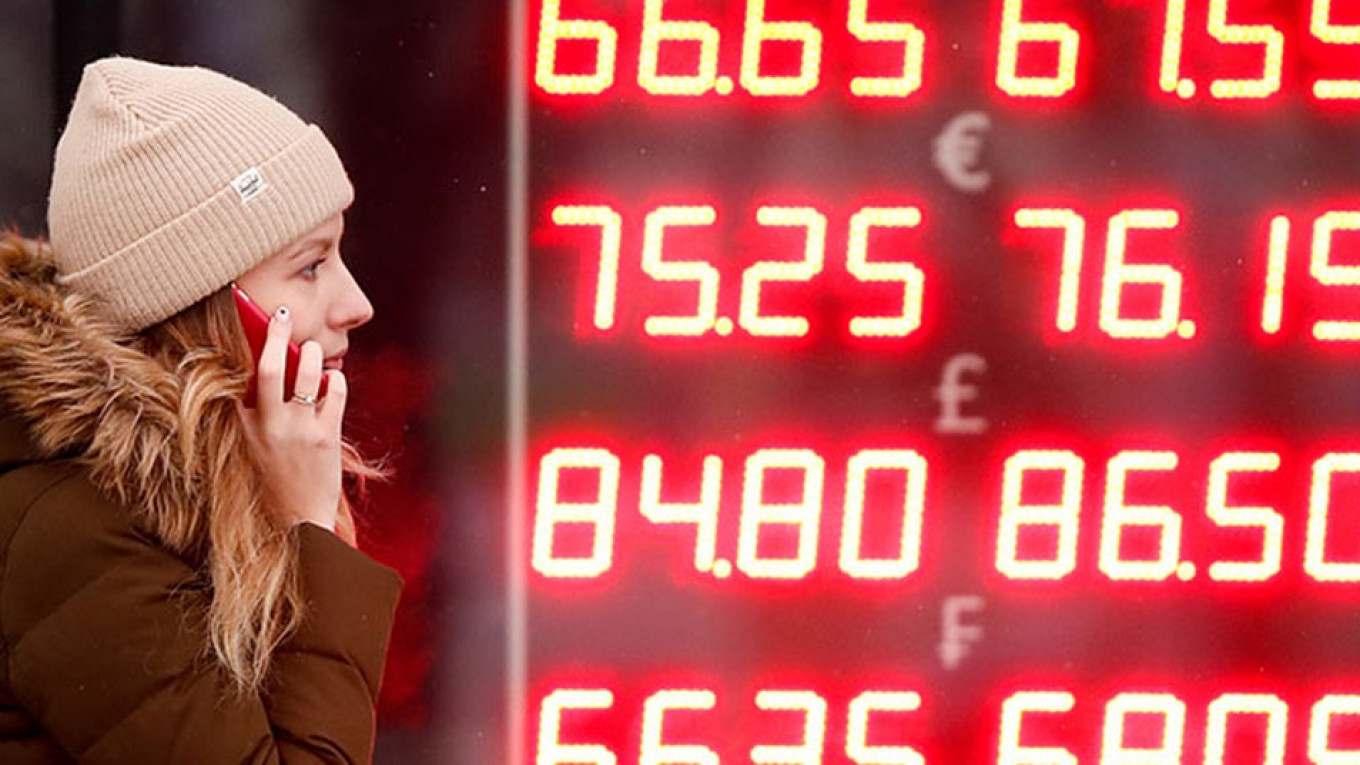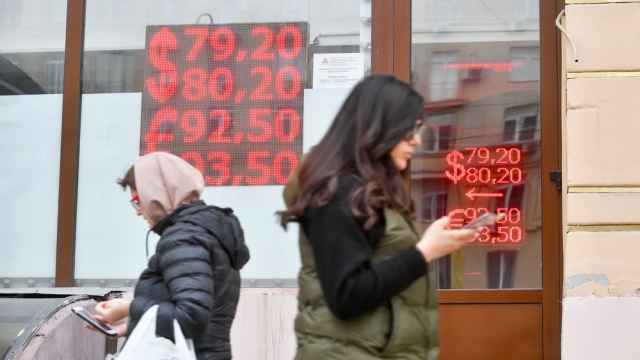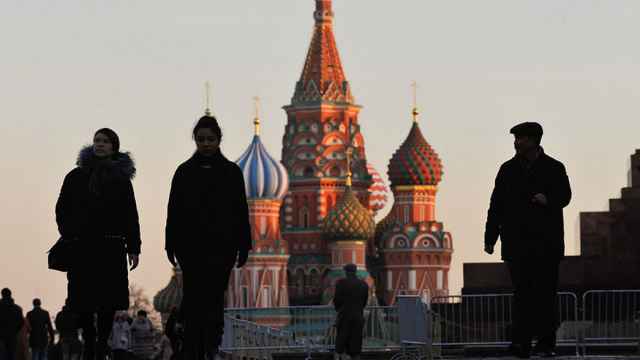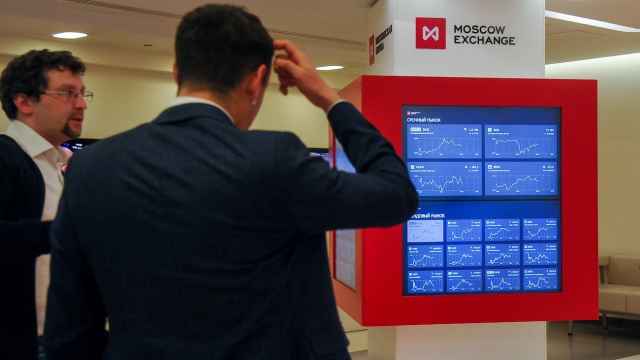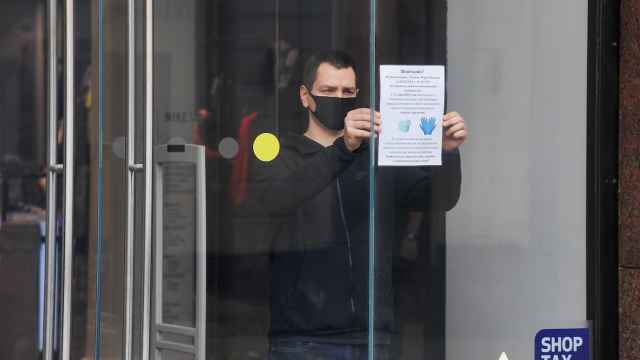Russia's economy will hit some speed bumps in 2019 and inflation will rise, a Reuters monthly poll showed on Thursday, due to risks of new sanctions, a weaker rouble and a planned tax increase.
Russian economic growth has been below the global average in the past few years, hampered by a weak and volatile currency, a drop in oil prices, and by sanctions first imposed by the European Union and the United States in 2014 after Russia's annexation of Crimea.
Russia's seizure of three Ukrainian navy vessels in November prompted calls for more sanctions on Moscow. The EU decided against further measures but extended its existing ones targeting Russia's defense, energy and banking sectors, until mid-2019.
Several times in 2018, Washington has raised the possibility of more sanctions for what has called Moscow's "malign activities," with new penalties possibly targeting holdings of Russian state debt.
"The main risks are related to sanctions," said Oleg Kouzmin, chief economist at Renaissance Capital.
After expanding by 1.7 percent in 2018, Russia's gross domestic product is seen growing by 1.4 percent in 2019, the consensus forecast of 17 analysts and economists showed.
This is below the World Bank's estimate that the global economy grew 3.1 percent in 2018.
"The next year will be tough. Economic growth will slow amid an increase to the value-added tax (VAT), higher inflation and lending rates," Kouzmin said.
The planned VAT hike to 20 percent from 18 percent is expected to fuel consumer inflation, the central bank's main remit.
The central bank had to raise rates twice in the second half of 2018 in a pre-emptive move to avoid a spike in inflation. But the Reuters monthly poll showed analysts expected inflation to exceed its 4 percent target and to accelerate to 5 percent by the end of 2019.
In 2019, the central bank is seen keeping the key rate unchanged at 7.75 percent but poll forecasts varied from 7.50 to 8.25 percent.
"The sanctions risks together with substantially lower oil prices could anchor the ruble at low levels, which will add upside pressure on inflation," said Tatiana Evdokimova, chief economist at Nordea Bank in Moscow.
In 2019, the rouble will also feel pressure from the central bank's plan to resume buying of foreign currency for the state reserves.
In one year from now, the ruble is seen at 66.85 versus the dollar and at 76.50 against the euro, the December poll showed.
That compares to 65.50 and 78.00, respectively, predicted in the November poll.
On Thursday, the ruble traded at 68.80 against the dollar and at 78.29 against the euro, having posted heavy losses in the past few days on the back of a rapid drop in oil prices.
A Message from The Moscow Times:
Dear readers,
We are facing unprecedented challenges. Russia's Prosecutor General's Office has designated The Moscow Times as an "undesirable" organization, criminalizing our work and putting our staff at risk of prosecution. This follows our earlier unjust labeling as a "foreign agent."
These actions are direct attempts to silence independent journalism in Russia. The authorities claim our work "discredits the decisions of the Russian leadership." We see things differently: we strive to provide accurate, unbiased reporting on Russia.
We, the journalists of The Moscow Times, refuse to be silenced. But to continue our work, we need your help.
Your support, no matter how small, makes a world of difference. If you can, please support us monthly starting from just $2. It's quick to set up, and every contribution makes a significant impact.
By supporting The Moscow Times, you're defending open, independent journalism in the face of repression. Thank you for standing with us.
Remind me later.


